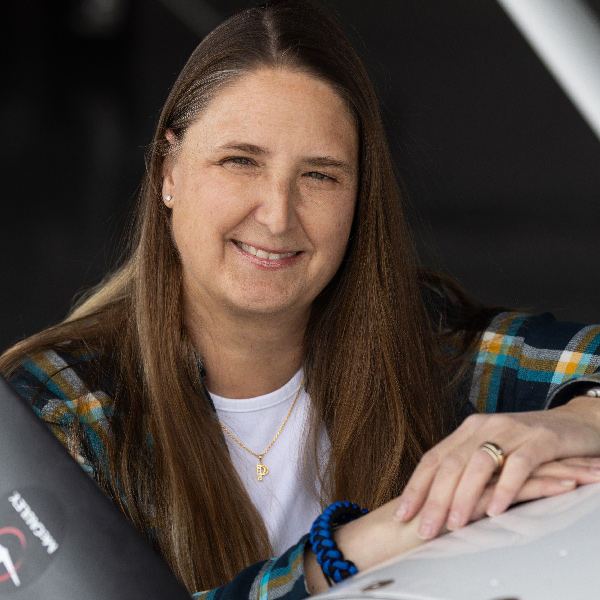McSpadden Report: GA accident rate down in 2023
AOPA’s Air Safety Institute documented statistical safety improvement in the thirty-fifth edition of the Richard G. McSpadden Report—formerly the Joseph T. Nall Report—which covers general aviation accidents in 2023.
During that calendar year, the most recent for which complete accident reports are available, there were a total of 1,097 GA accidents across the United States, of which 186 were fatal.
Overall, GA flight activity increased by 6 percent in 2023 to 28.4 million hours, from 26.8 million hours in 2022.
Noncommercial fixed-wing aircraft were involved in 929 accidents, about 70 percent of which were related to pilot actions (or inaction). Of that total, 156 were fatal.
“Loss of control on the ground and loss of control in flight are still the biggest categories of both fatal and nonfatal aviation accidents,” Robert Geske, AOPA Air Safety Institute senior manager of aviation safety analysis, said. “The number of accidents due to fuel management issues rose while descent and approach accidents fell sharply. Weather-related accidents, as well as those that happened during preflight and taxi phases, trended downward as well.”
The number of mechanical-related accidents rose slightly to 187 from 181 in 2022, with fatal accidents spiking to 33 from 21 the year before.
“Interestingly, partial engine power loss saw a higher lethality compared to total engine failure, suggesting that pilots struggle to properly address and adapt to a partial power failure,” Geske added.
The number of noncommercial fixed wing accidents that could not be attributed to any specific cause rose to 91 from 76 a year earlier.
In 2023, there were a total of 59 commercial fixed-wing accidents (down from 62 in 2022), 12 of which were fatal, three more than the year before. Noncommercial helicopter operations experienced 70 accidents, of which 10 were fatal—both of those figures are lower than those a year earlier. Commercial helicopter operations were responsible for 39 accidents, a reduction from the year prior, of which eight—two more than in 2022—were fatal.
View the McSpadden Report here.
The You Can Fly program and the Air Safety Institute are funded by charitable donations to the AOPA Foundation, a 501(c)(3) organization. To be a part of the solution, visit www.aopafoundation.org/donate.



